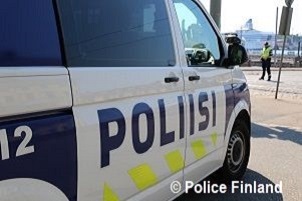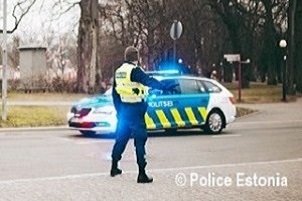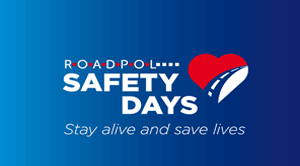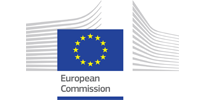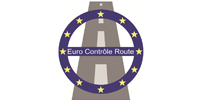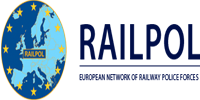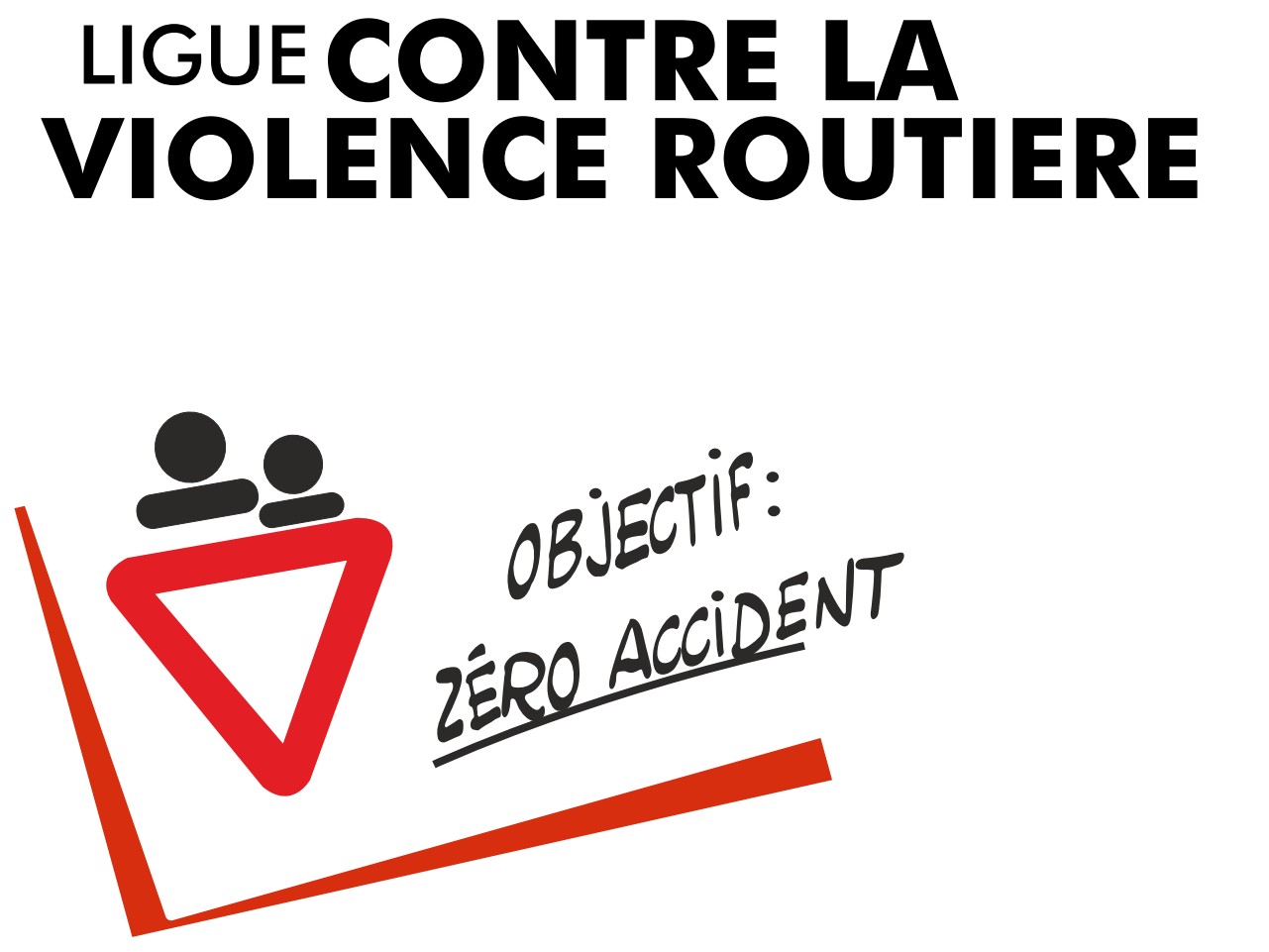ROADPOL General Secretary Sanja Veic:
We Need More Cooperation
With Partners On The Field
I Want To See Тhe Organization Going Back To The Basics Of Traffic Police Work
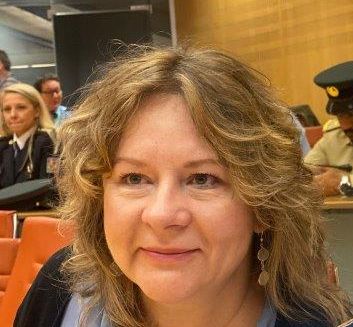 Sanja Veic. PHOTO: ROADPOL MEDIA19 DEC – It's been three months since Croatian police professional Sanja Veic took office as the European Roads Policing Network General Secretary.
Sanja Veic. PHOTO: ROADPOL MEDIA19 DEC – It's been three months since Croatian police professional Sanja Veic took office as the European Roads Policing Network General Secretary.
Mrs. Veic has taken active part in ROADPOL's development for more than a decade before taking the role of a chief executive representative of the association. ROAPDOL Media caught up with her to find out more about her feelings on the new position, her vision for the organization and her immediate plans...
- Mrs. Veic, when was the first time you decided to choose road safety as your primary path? What attracts you in this field?
- I was already in the police. It was right after the introduction of the driver penalty point system in Croatia in the mid-90s. An info phone line was opened for people who wanted to know more about the rules of the system. They chose mainly female officers, and I was among the ones selected to answer all these questions which were ranging across the whole field of road police work. While talking to so many road users I realized how much more it could be done for the road safety in my country. And I saw road police as the line of work where you can actually and directly contribute to saving lives. It was not abstract anymore, not theoretical. It was real. Working here I will be saving lives. I am doing something for a good cause.
- How did you start your involvement with ROADPOL?
- I was selected to represent Croatia's road police for all international work in the sphere of road safety because of my fluency in English. Not so many officers had a high working level of English so that naturally put me in the focus of international work. I found it useful as it opened doors to the road safety knowledge and practice of so many countries. It helped me develop my skills and raise my theoretical and practical way of work. I have also been actively involved with the EC expert group on Community database on road accidents crashes (CARE) which gave me a broad vision to the problems across the continent. Soon, I became a representative of Croatia to EC High Level Group on Road Safety too.
- You've had an impressive active career within the sphere of road safety. How will that help you in your current task of being at the helm of ROADPOL?
- It will definitely help since this kind of experience is indispensable for the position of General Secretary. If I did not have this background, especially in road safety international cooperation and the relationship with the EU and the European Commission, I would never have applied for the post.
- You've been engaged with ROADPOL for a decade now. From the inside, how do you evaluate the role and significance of the organization both for road safety in Europe and for the professional development of the road police sector across the continent?
- Having in mind that road traffic is something every European citizen is involved with, it is quite necessary to have an organization such as ROAPDOL which can help countries achieve a higher road safety level and to work together on the common goal to reduce fatalities and serious injuries. It is totally unacceptable people to be dying in an ordinary activity that is present in our everyday lives.
- Running the organization on a daily basis, what are the most pressing challenges ahead of ROADPOL?
- The association is comprised of almost 30 countries. The challenge is how to combine all the different priorities and all different road safety situations in each member country and have it in one comprehensive strategy. The challenge is to make the presence at ROADPOL a benefit for every member state. The road issues are different, and the level of road safety is different. The problems may seem similar, but there are important differences which we need to encompass in a common strategy helpful to all countries. The priorities and goals must be general but plans how to fight them must be adjusted to the needs of each country. We need to find a way to combine all our knowledge and expertise and share it to the benefit of all.
- A new captain may command the ship in new directions or keep the course... Would you consider yourself more of a reformer or would you take a more conservative stance to the state of the organization upon your accession to the position?
- I wouldn't say I am a reformer. I would just like to see ROADPOL going back to the basics of traffic police work. Because we are the traffic police. We are an operational force. Our members are expecting us to deal with operational level of work. We need to focus on exchanging our best practices and find a way to implement a successful practice in another country. That is why it is very important to go back to the program of police officer exchange. We need more cooperation not only theoretical but also practical – on the field. This is what ROADPOL has missed lately, and this must be actively encouraged.
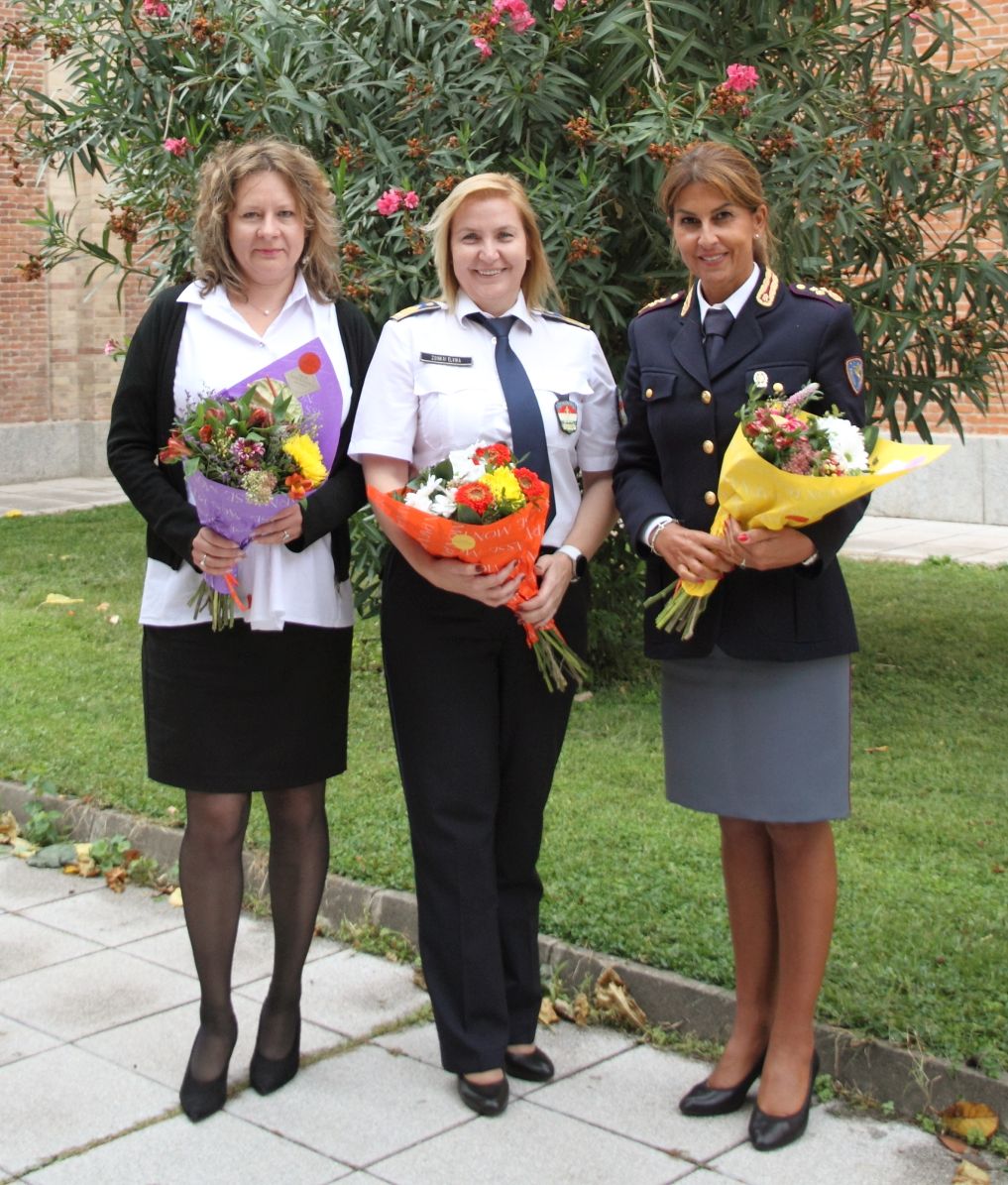
- In my speech before the elections at the 2022 Autumn Meeting in Madrid I pointed out the need of more closer connection between the representatives of our member states. We made an agreement to pull Council members and Operational Working Group members much closer in their cooperation during our annual meetings. We are planning to have at least half a day of joint meetings of these two groups. After that we are planning to have some field trip to a police station in the host country or to the headquarters or operational centers together so that Council and OPG members can interact and speak to each other, share their opinions, make comments. I think this kind of cooperation is the most important for us to achieve in the near future.
- In view of ROADPOL's three pillars – 1.enforcement, 2. experience exchange and education and 3.public awareness – what changes or new paths would you like being discussed and implemented? What can be improved?
- Clearly the most important pillar for us as traffic police forces is enforcement. But enforcement itself cannot give us best results if it is not combined with the other two. We need to know how to enforce, where to enforce, when to enforce, with whom to enforce. So, we definitely need best practice exchange. The third pillar is crucial as well because by prevention sometimes you can achieve much more than with enforcement. The media approach and public awareness is also essential. Announcing the operations before the actual dates, explaining to people why these enforcement actions are important, reporting from the operation location points, reporting results of the operations – these all are very important so that the public understands the logic behind our fight for road safety. They need to understand why our mission is so important. And that it is not that police are just out there to collect money from fines, but our presence has a serious preventive effect as well. Every enforcement control makes road users think about their actions and makes them more aware of their role in road traffic. By our media work we want to influence people's minds to think of the risks and what they can do to reduce these risks.
- As of now ROADPOL has a few missing EU member-countries? Which countries would you like to see in the network, and would you actively search for ways of enlargement?
- I would like to see all EU countries being members to ROADPOL. The more members, the better for the organization and its goals. This will expand our knowledge and expertise by new members introducing new approaches and methods. And vice-versa – being a member is a benefit to each country. We are proactive and we have ongoing negotiations with several countries. I am not at liberty to announce all of them yet, but as we are in the holiday season we are hoping to have good news soon. Also, we are a European organization, but we are open to the whole world. There should be no limitations because road safety is after all a global issue.
- In prevention and enforcement – is there any specific road safety problem (commercial transport, alcohol, drugs, speed, etc.) which you would like ROADPOL and its members to prioritize and target more actively?
- All these issues are on the priority list of every country. This are the most common offenses which lead to death and injuries on the road. So, I will not prioritize any of these and clearly, they are and will be actively targeted by our operational work. But we need to focus on every measure that can reduce the number of road crashes. In road traffic you can see cars, trucks, buses together with cyclists, pedestrians, mopeds, all kinds of road users who have to respect each other and share the same space. So, focusing on one or two specific issues will never deliver good results. Moreover, we are discussing on new rising road safety issues such as small personal vehicles, especially small electrical vehicles, bicycles and hopefully there will be news coming on this soon. Changes and amendments to our annual operational plan are among the issues to be discussed at our upcoming 2023 Spring Meeting.
- Do you have any plans on intensifying ROADPOL's collaboration with other road safety international and national institutions as well as NGOs? Where do you see your strongest partners?
- I think cooperation with all stakeholders which have any part of road safety in their scope of work is very important. In this field ROADPOL can do a lot and can be a crucial partner. These types of cooperation are very important, but not only as theoretical exchange, but as practical collaboration as well. As an example, I can point out our cooperation on operational level on commercial traffic enforcement with the European Labour Authority (ELA). This joint teams showed how the scope of the operation can be essentially widened by which both organizations broaden their knowledge and experience. This is a task for the future – more operative level collaboration with potential partners and stakeholders.
Also, we have already been approached by an international organization with the idea of cooperation in the road safety area. This kind of joint work is very important for better understanding of road safety complexity. It is a multidisciplinary area, and it involves so many sectors, institutions, organizations, and it has numerous educational, legal, and scientific implications. But also, societal implications and that is why we would like to intensify cooperation especially with NGOs devoted to fight for enhanced road safety.
- EU and the European Commission have been key partner of ROADPOL and have had central role in shaping the mission of the organization. How do you see the future of this relationship?
- The EU and EC are the most important partner of ROADPOL. Without the EC we wouldn't be able to operate at the level we do. It is not only about funding, but also about strategy. The European Union Road Safety Policy Framework (2021-2030) is the milestone document for road safety work in this decade and ROADPOL naturally has it at the core of its strategy. There is the image point of view as well. It is without doubt that without the EC support ROADPOL would not be so highly recognized as one of the leading organizations in road safety in Europe.


